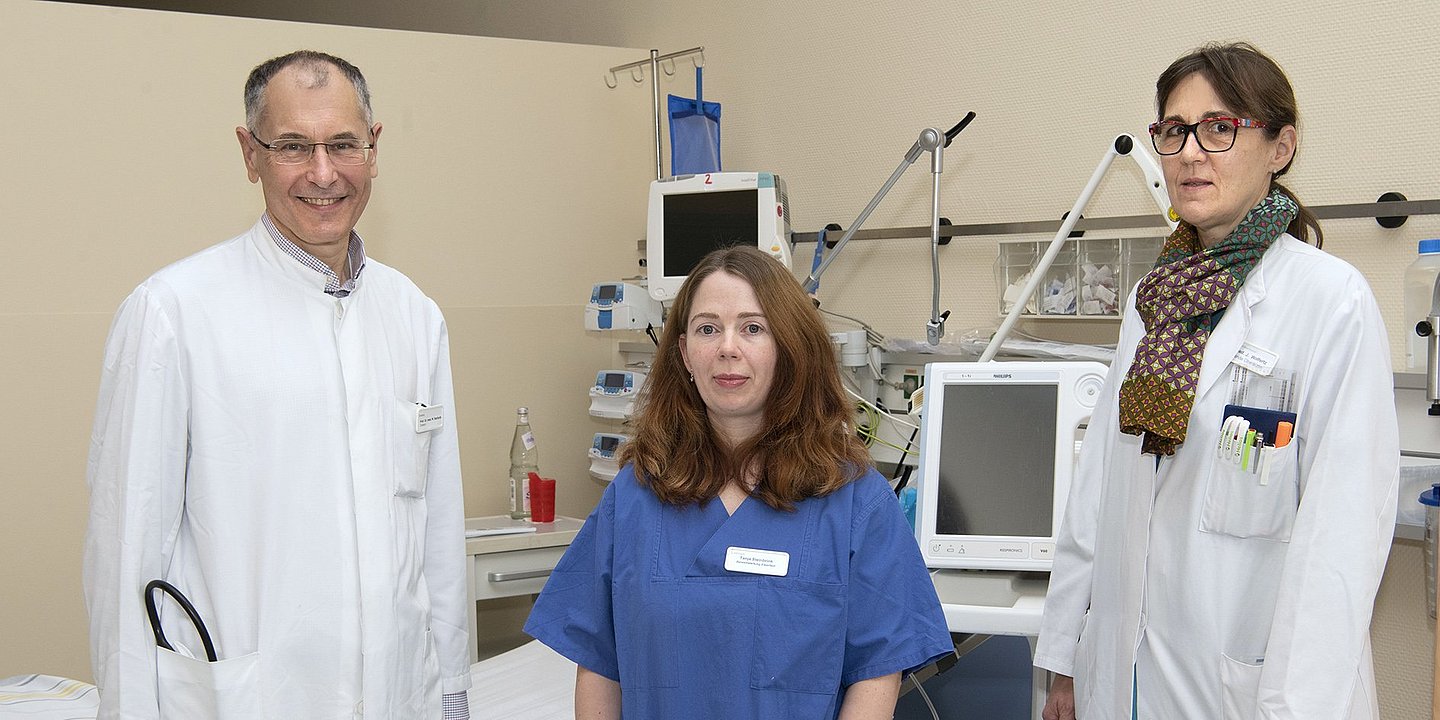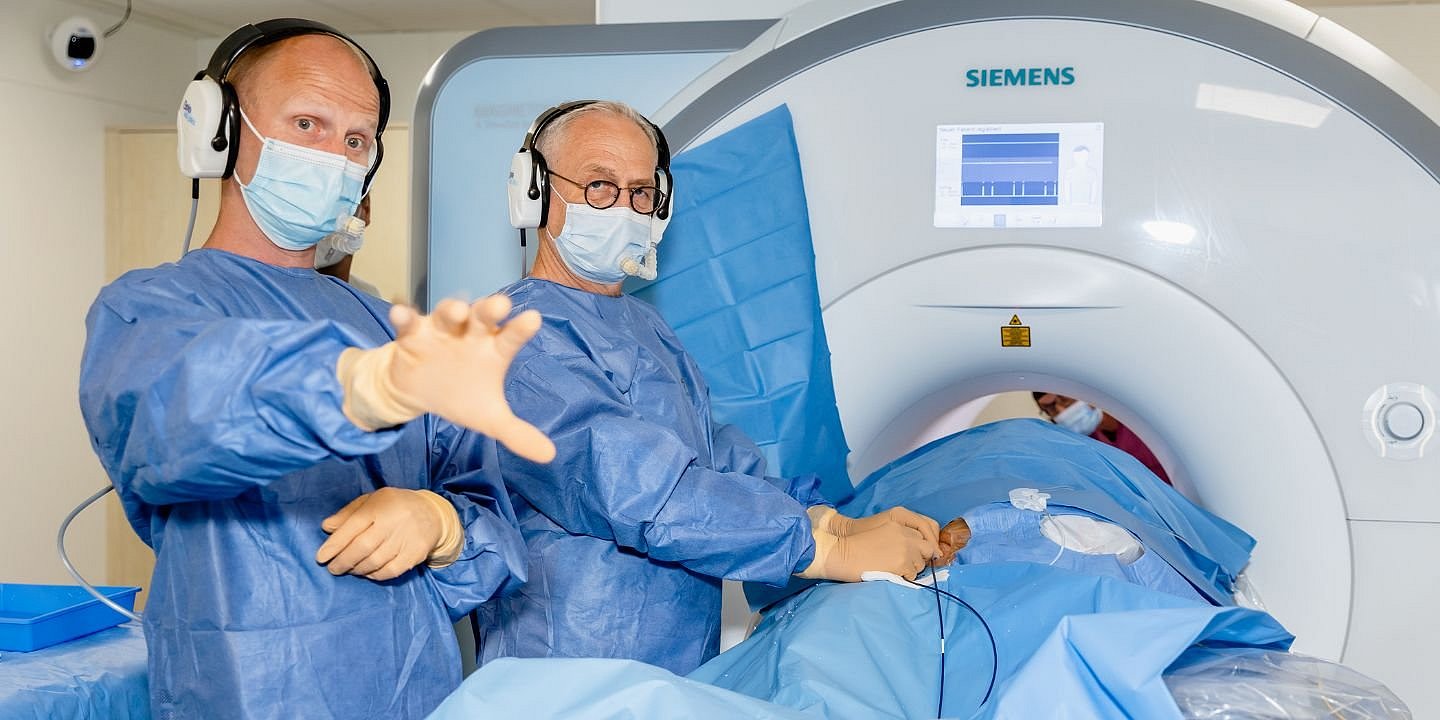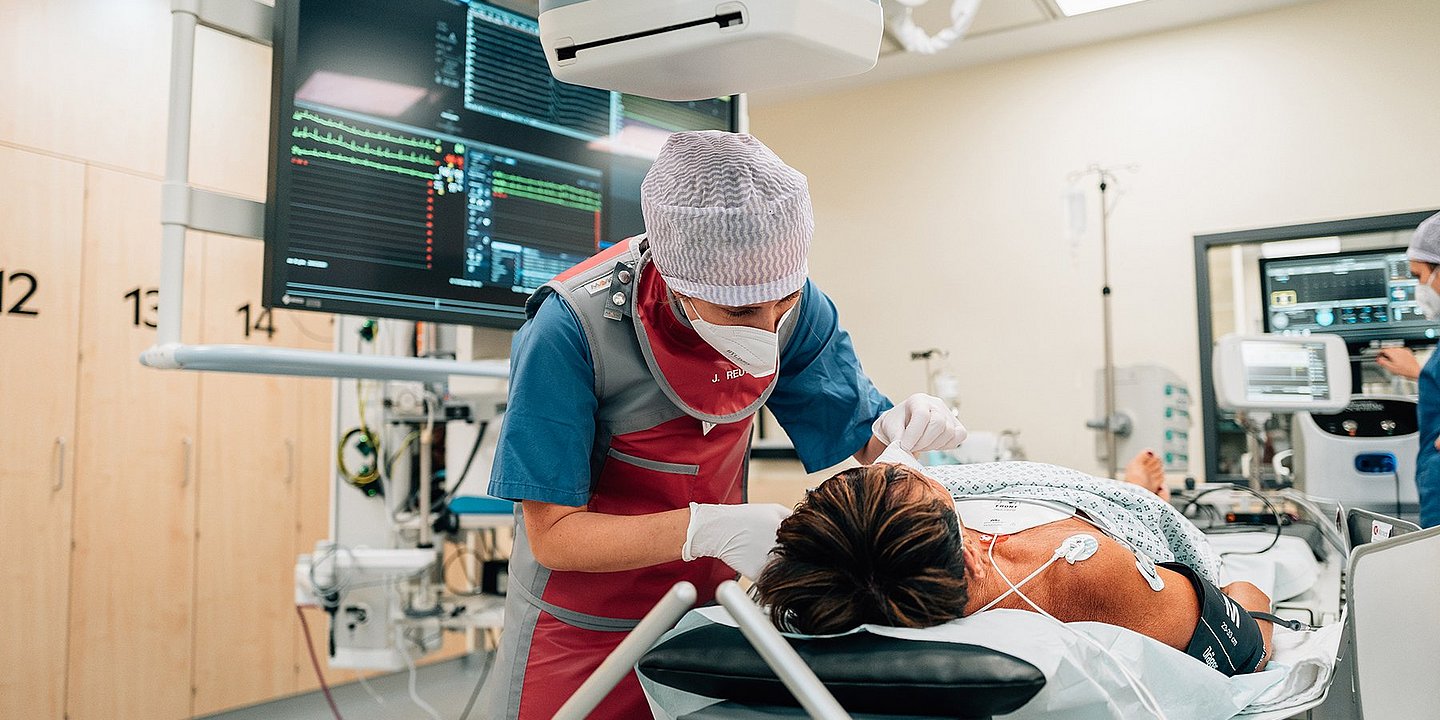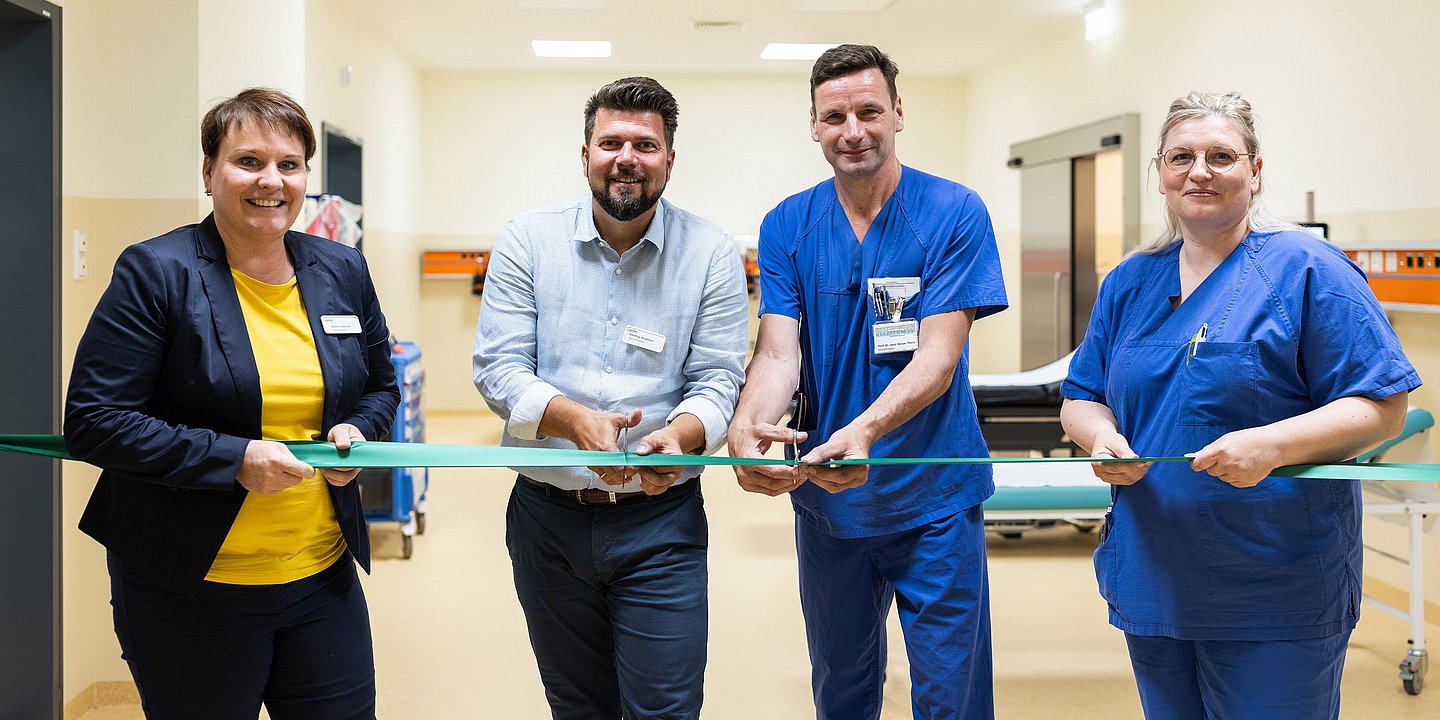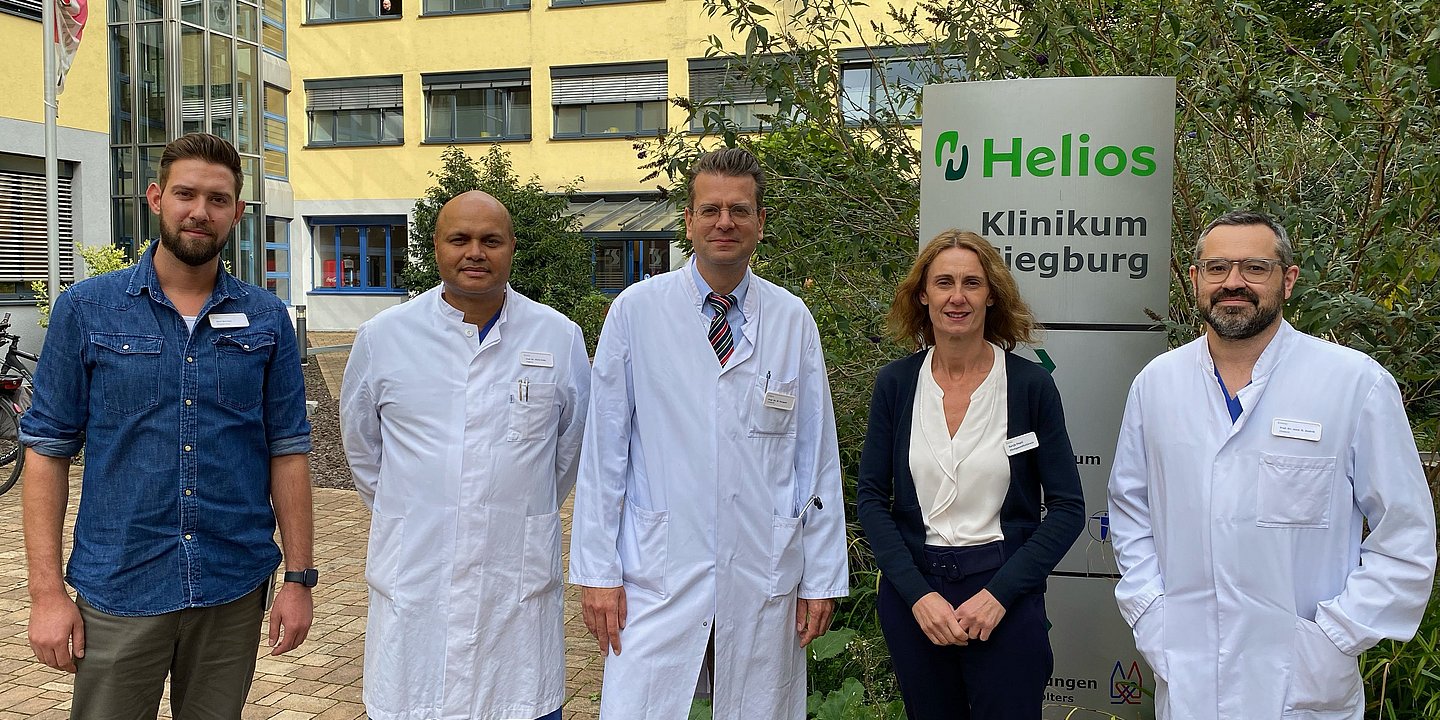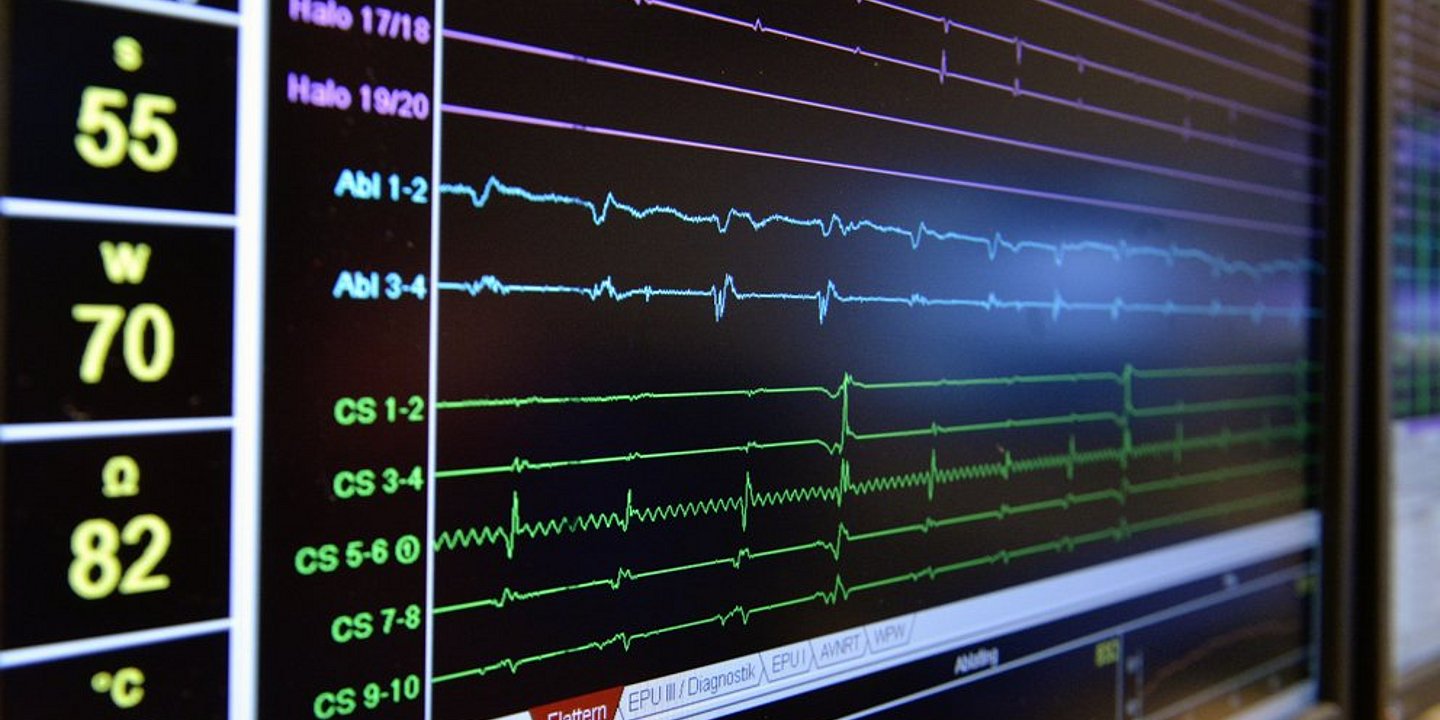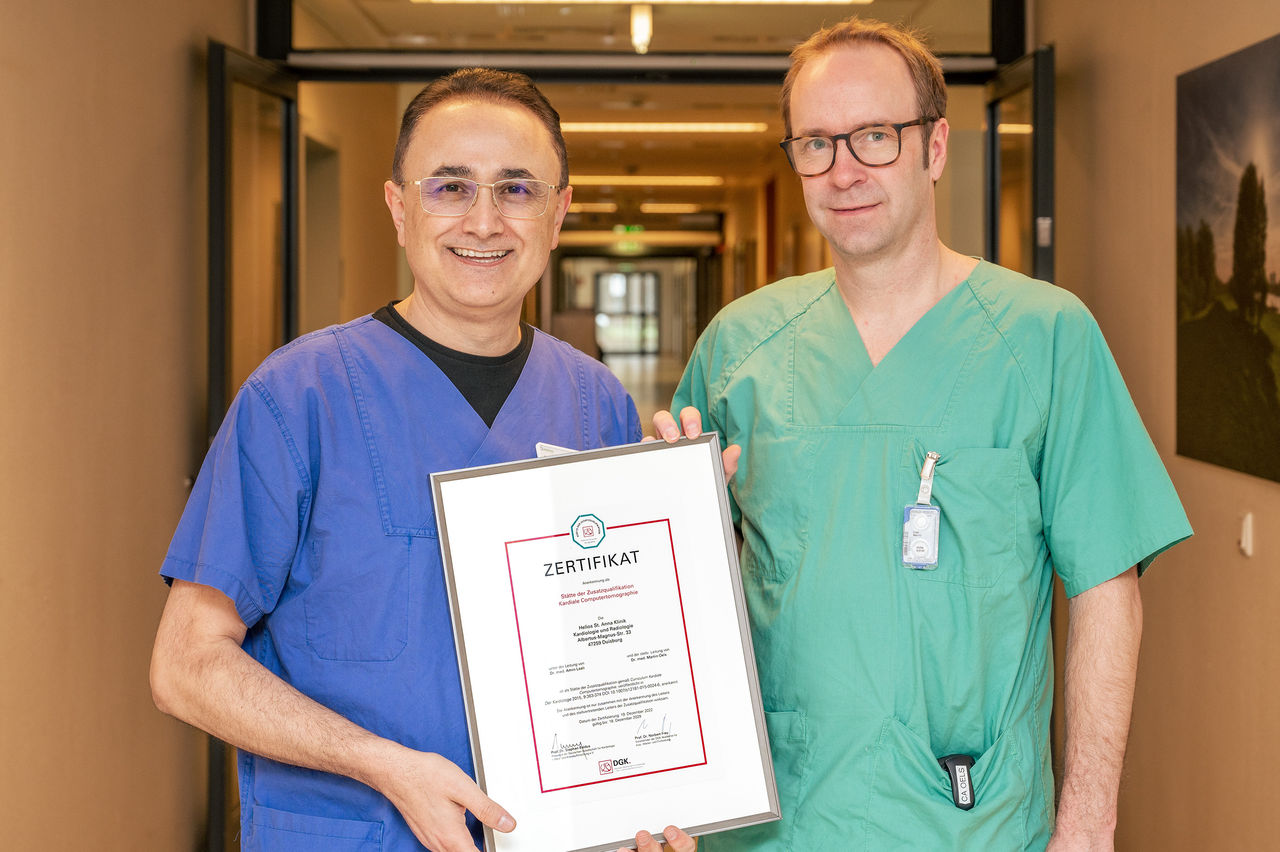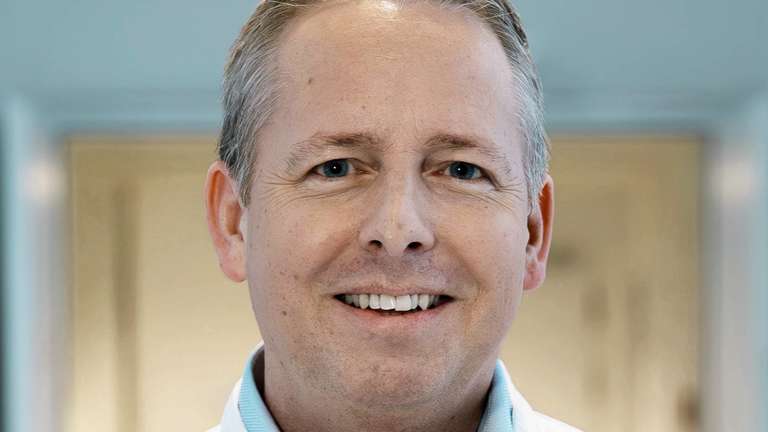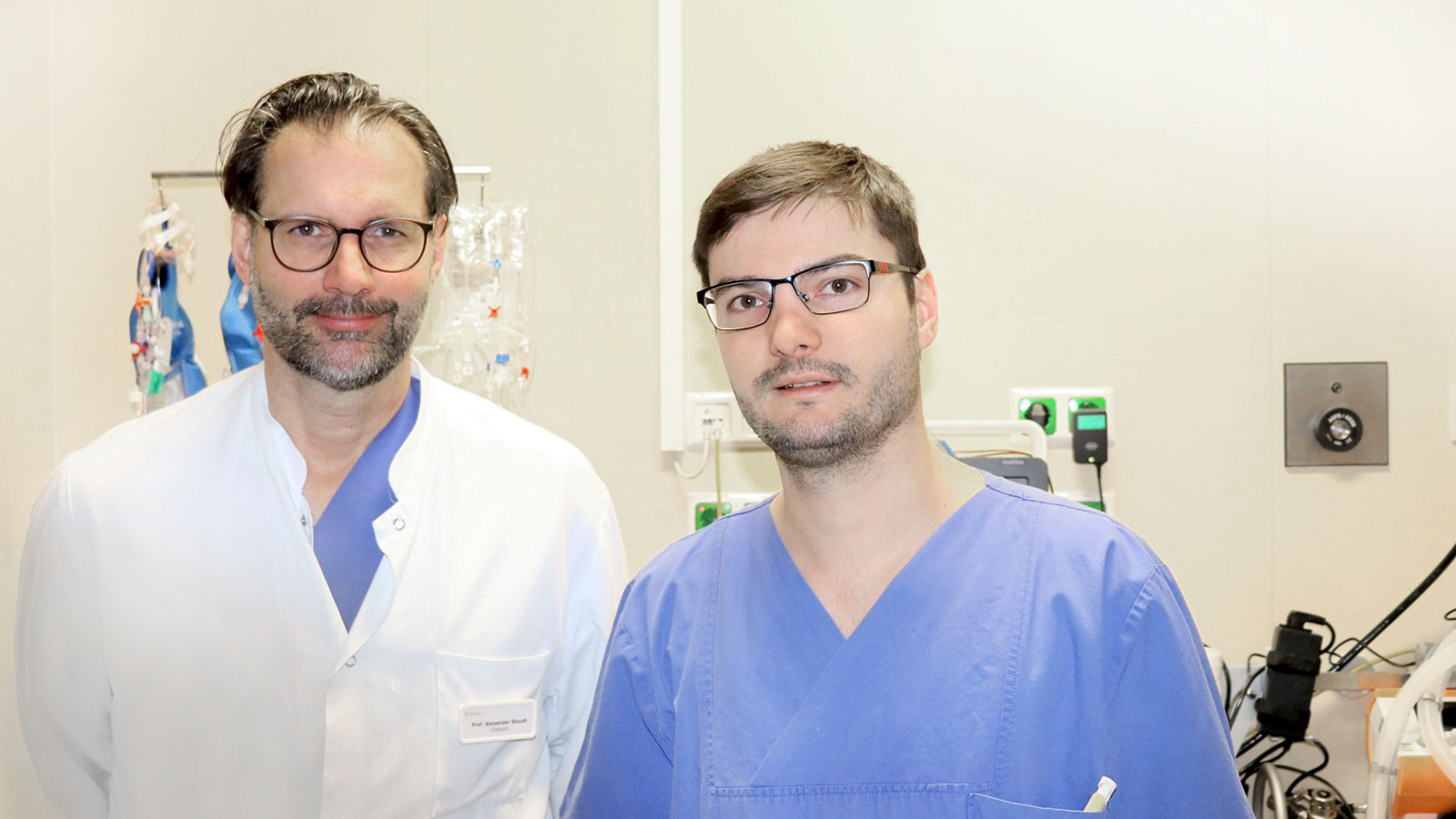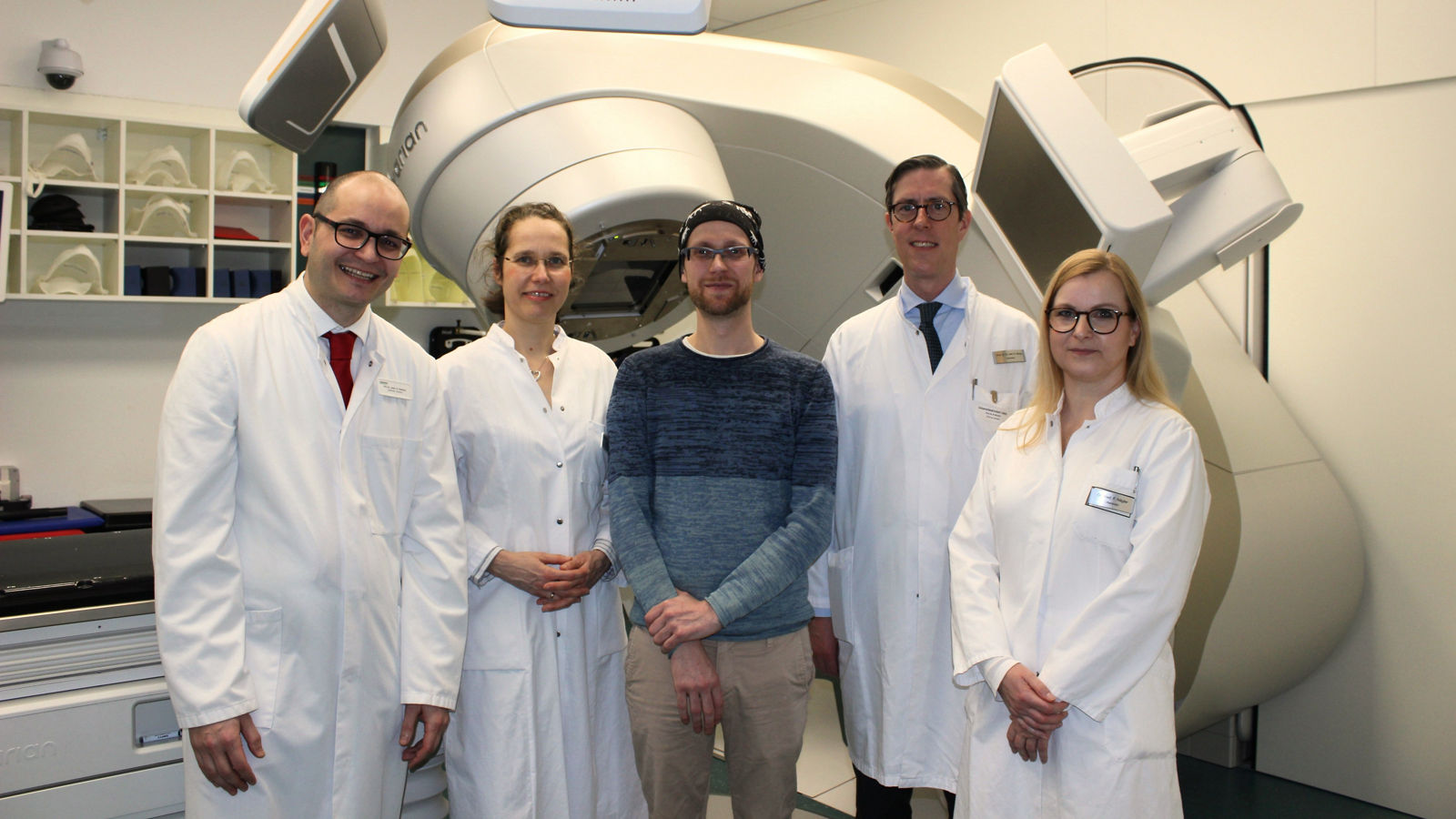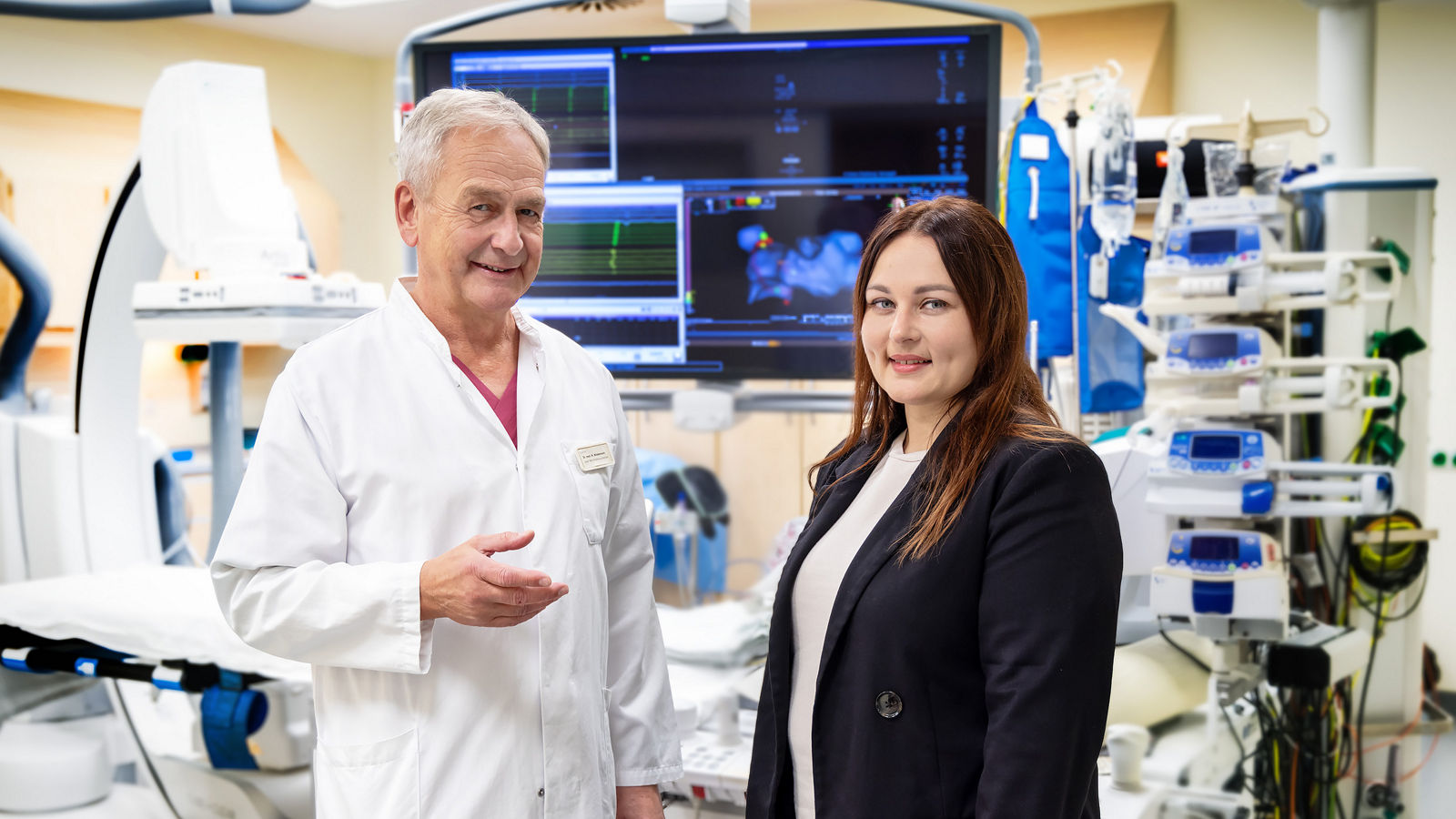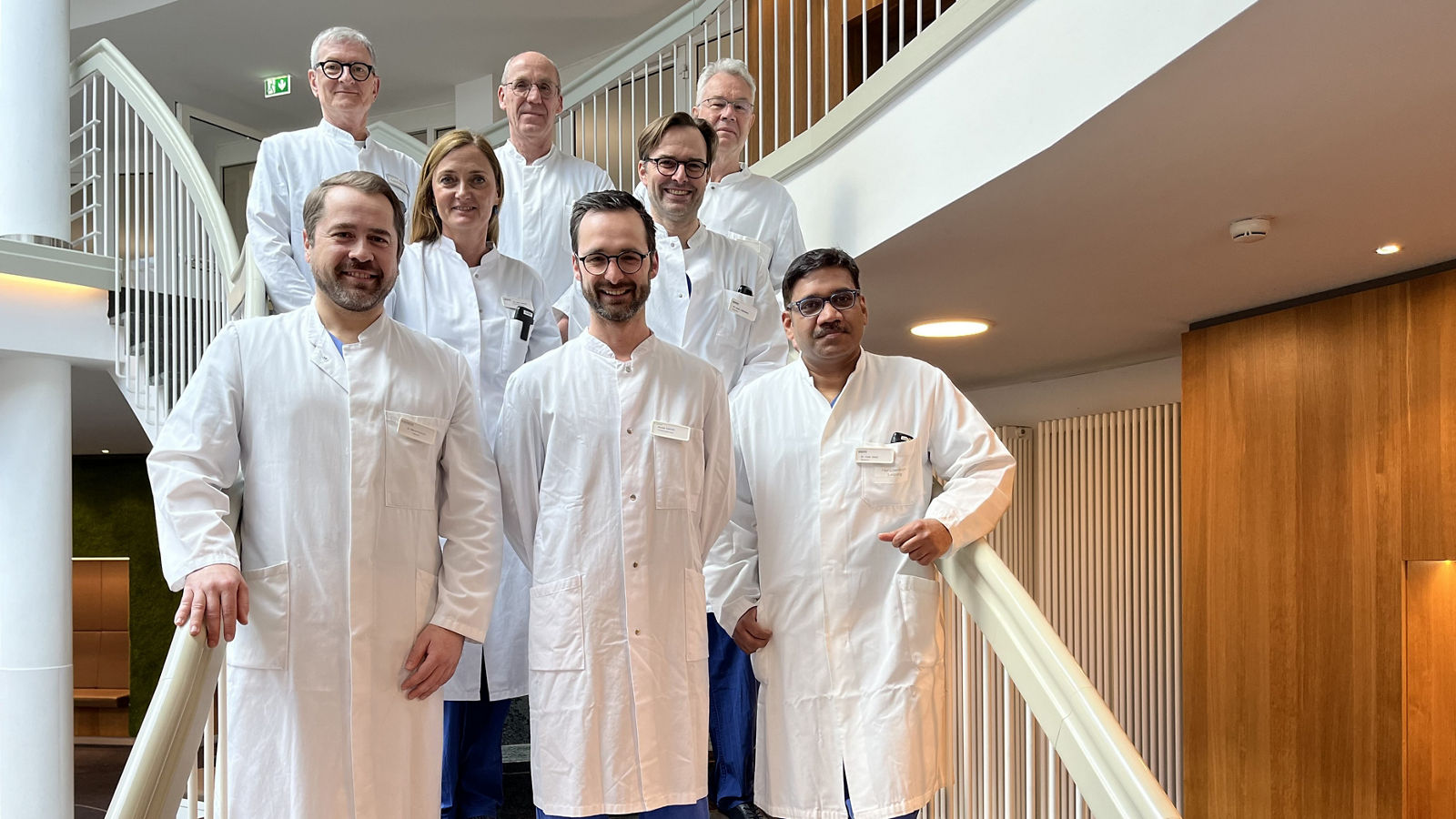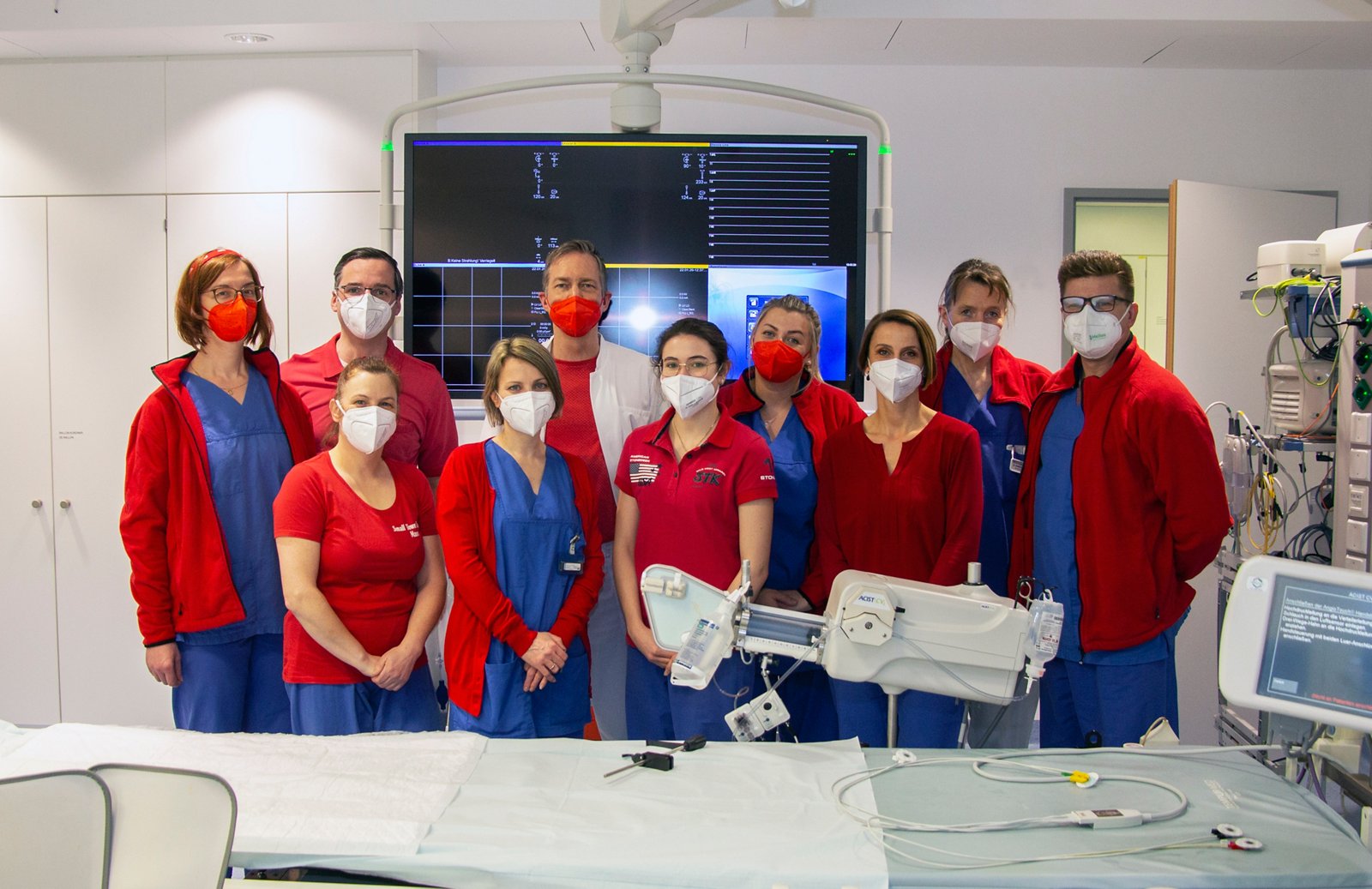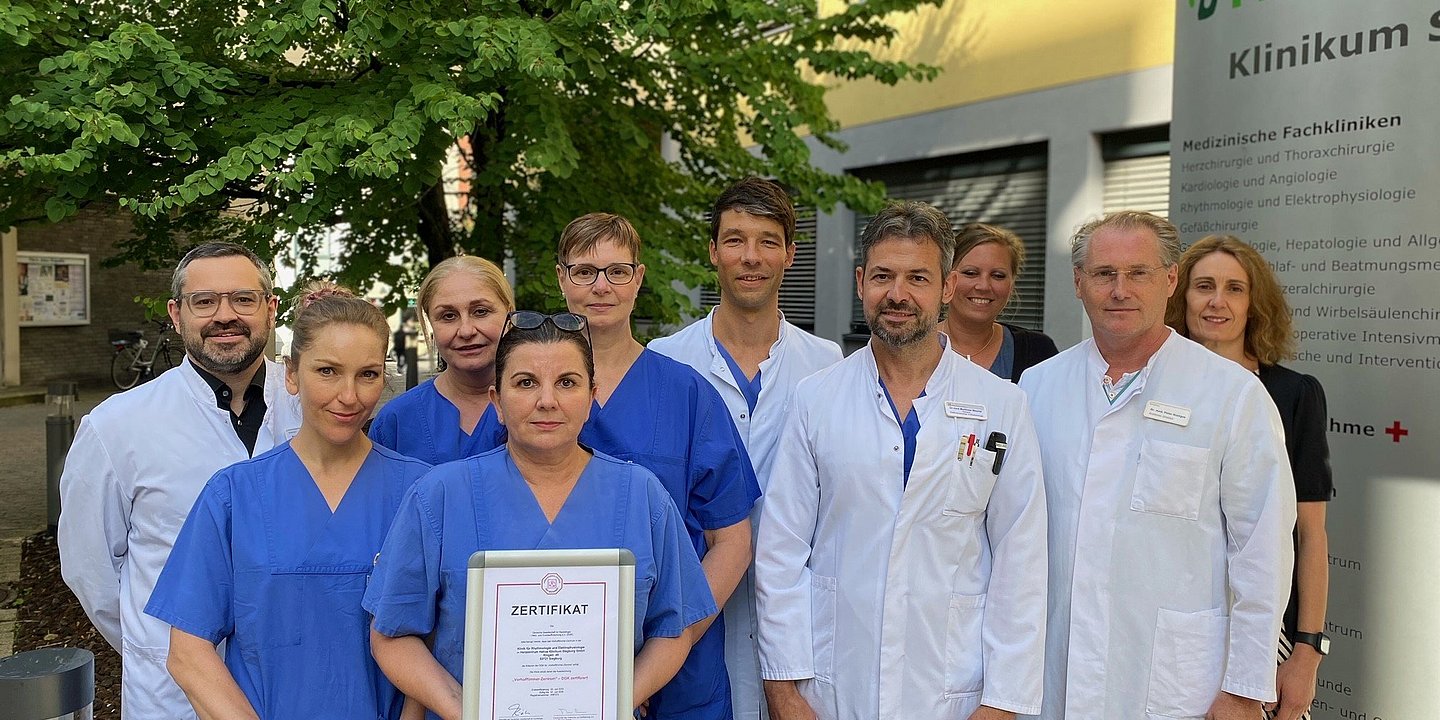
Helios Hospital Siegburg: Certification as atrial fibrillation center
With around 270 atrial fibrillation ablations per year, Helios Hospital Siegburg is one of the largest centers for such procedures in the Cologne-Bonn region. Atrial fibrillation is a frequently occurring cardiac arrhythmia. Many affected patients suffer from restlessness, palpitations and poor performance, and some suffer serious consequences, such as a stroke. In ablation treatment, a catheter is used to block the pathological foci of excitation that disrupt the heart rhythm by applying heat or cold energy.
"Atrial fibrillation is a complex cardiac arrhythmia - which is why we use three-dimensional X-ray imaging techniques for the heart that create a virtual organ. We can then move around in this environment, work with the cardiac catheter with pinpoint accuracy and place the energy precisely. For this procedure, it is crucial that all doctors involved are highly specialized, have many years of experience and that a precise indication is made in advance," explains Prof. Dr. med. René Andrié, Chief Physician Cardiology, Rhythmology and Angiology at Helios Hospital Siegburg.
As a scientific society, the DKG is also of the opinion that the standards for performing catheter ablation in patients with atrial fibrillation must be constantly critically reviewed and adapted in order to ensure good treatment quality with a high success rate and low complication rate in the long term. This is particularly necessary because the number of hospitals performing this intervention has grown rapidly. For quality assurance purposes, therefore, the certification process primarily examines competence, process and structural quality, technical equipment and complication management in the catheter-guided treatment (ablation) of atrial fibrillation.
"The certification of medical treatment forms is becoming increasingly important in all specialties, especially for complex and difficult interventions, in order to ensure the highest possible quality of care and safety for those affected. In this context, the focus is also on the frequency of performance, which studies have shown is directly related to the quality of treatment and complication rate," says Prof. Dr. med. Andrié, explaining his commitment to maximum specialization at Helios Hospital Siegburg.
Read more:
Do you need more information about Helios Hospitals or want to schedule your treatment?



